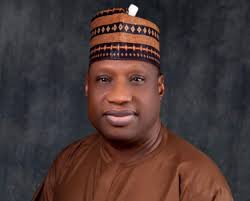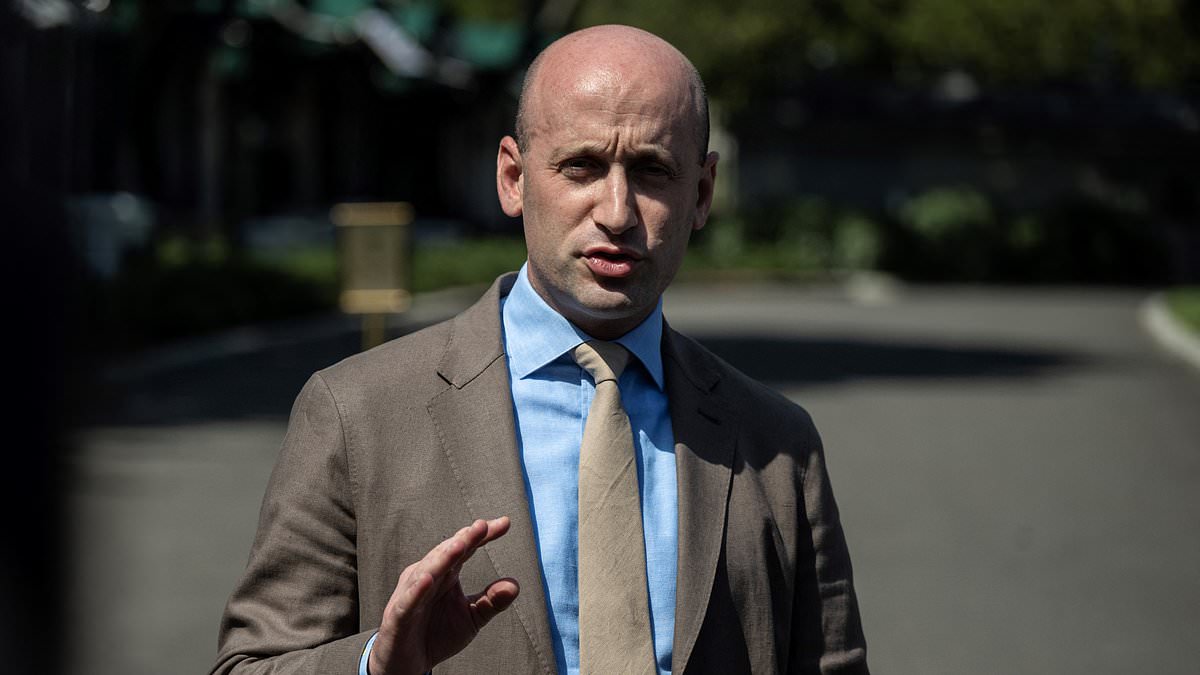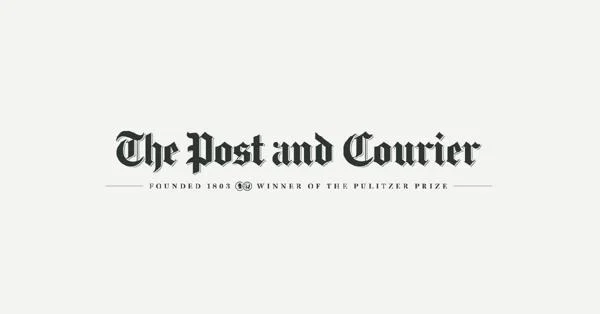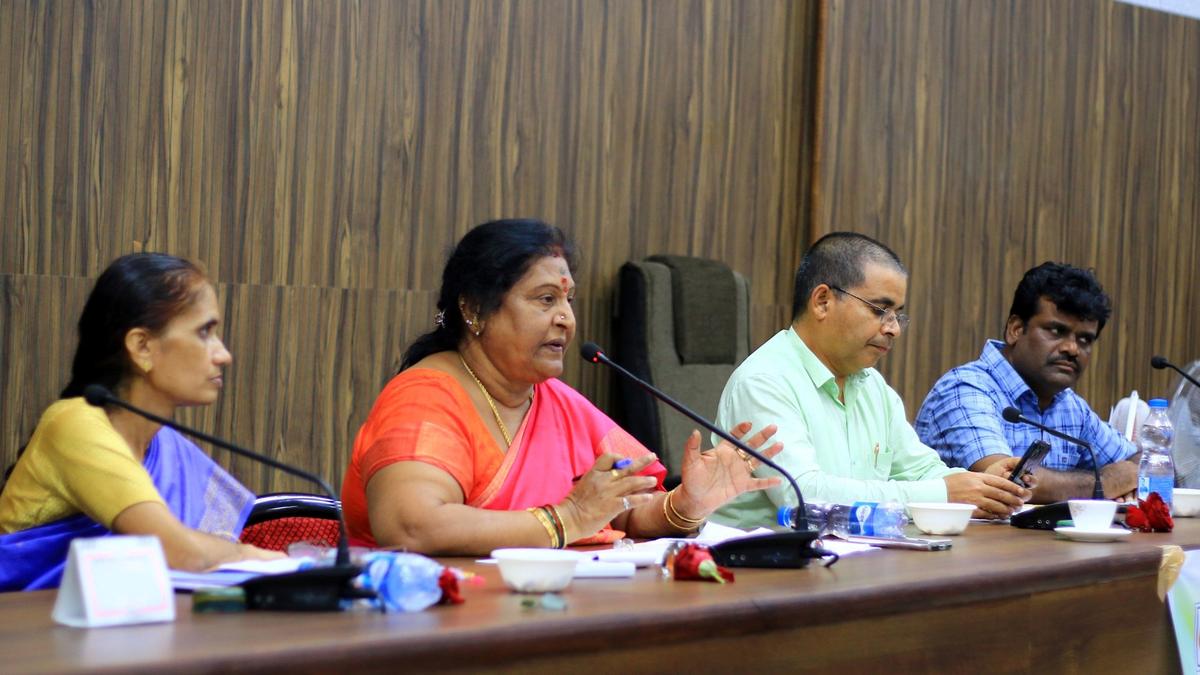By Toyin Akande
Copyright bizwatchnigeria

The Director-General of the Nigerian Airspace Management Agency (NAMA), Farouk Umar, says the current N11,000 charge per flight imposed on airlines is no longer sustainable, citing rising costs of maintaining aviation infrastructure.
Speaking in Abuja on Tuesday at a summit organised by the House of Representatives Committee on Aviation, Umar noted that the fee, unchanged since 2008, is charged per flight regardless of passenger numbers.
“In 2008, NAMA was collecting N11,000 per flight. Since then, airfares have surged, with economy tickets now between N150,000 and N200,000, yet we still charge the same amount,” Umar said. He stressed that NAMA is a cost-recovery organisation, not a charity, and must recoup investments in critical facilities such as landing systems, radar, and modern communication equipment.
Umar warned that inflation, exchange rate pressures, and global supply chain disruptions have significantly increased the cost of procuring and maintaining these systems. “We keep modernising to ensure Nigeria is not left behind in global aviation development. Yet, the airlines are still paying peanuts. We cannot continue this way,” he insisted.
Airlines Resist Review
Despite repeated engagements, Umar said airline operators continue to resist tariff adjustments. He argued that their stance is unfair since they frequently increase ticket fares to reflect rising operational costs.
“The airlines respond to economic realities by raising ticket prices, but they do not want to accept that we also operate in the same economy. Safety is at stake if we cannot recover costs,” he warned.
Airline operators, however, counter that higher charges would worsen their already fragile financial position. With surging fuel prices, foreign exchange shortages, and multiple taxes, carriers say they are struggling to survive. They fear that passing additional costs to passengers could push airfares even higher, burdening travelers who already pay some of the highest rates in Africa.
Parliament’s Position
Earlier, the Chairman of the House Committee on Aviation, Abdullahi Garba, was represented by his deputy, Festus Akingbaso, who stressed the need for collaboration to strengthen the aviation sector. He assured that parliament is willing to support NAMA and other agencies with funding, provided they demonstrate transparency and efficiency.
In contrast with global practice, where navigation fees are tied to aircraft size, distance, and other parameters, Nigeria still charges a flat N11,000 per flight, well below the actual cost of service delivery. Aviation analysts warn that unless reviewed, this gap could threaten safety by limiting NAMA’s ability to reinvest in critical infrastructure.
Industry stakeholders are calling for a balanced approach, one that ensures NAMA recovers costs without crippling airlines or pricing passengers out of the skies.



